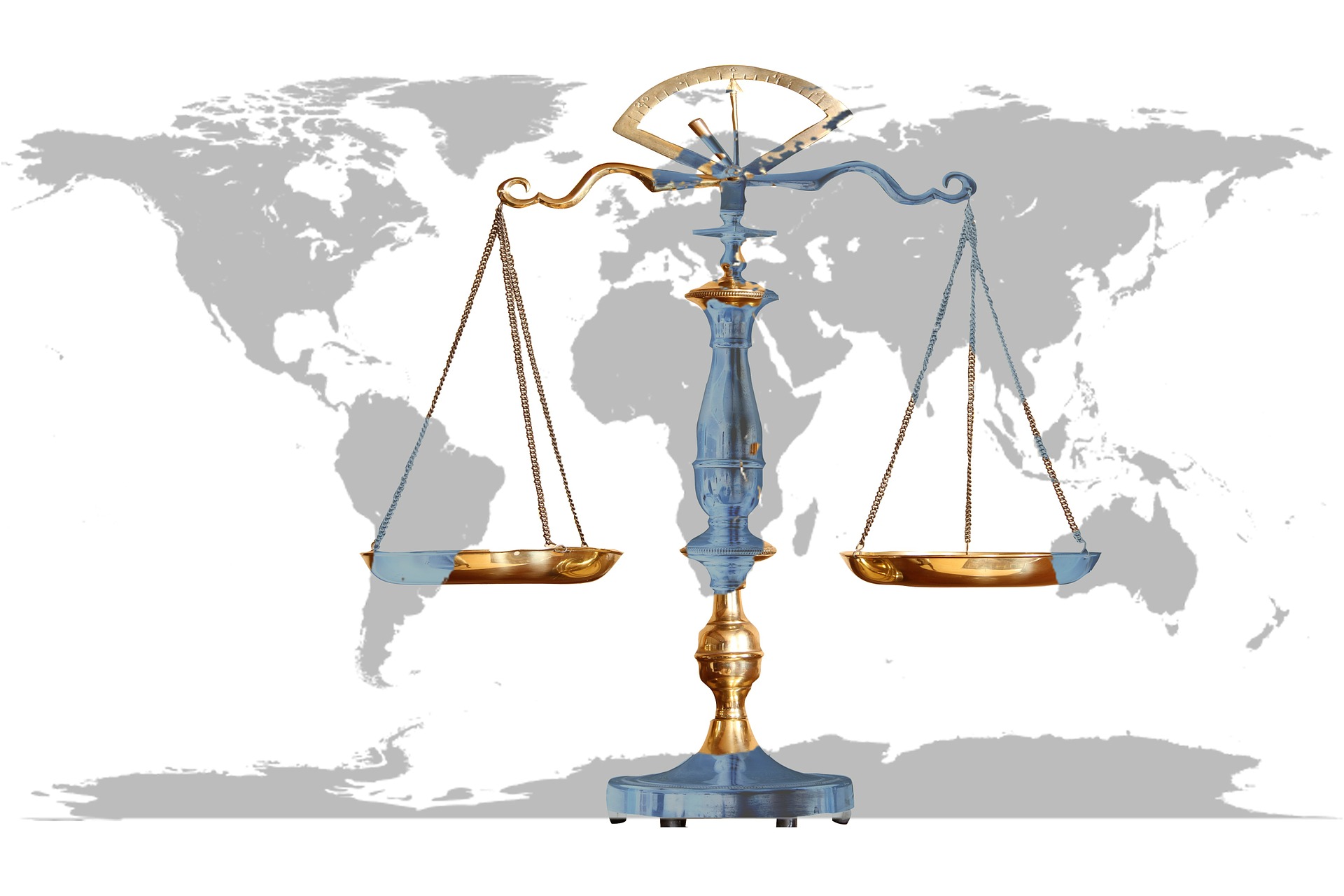What it means to be a global multinational company has evolved over the years. With that, global benefits professionals have had to evolve as well. Yesterday, simply having employees in locations outside your country of headquarters may have been enough to call yourself global. In that mindset, often each country’s benefit programs were decentralized and absent of any global strategic direction. That has changed. A truly global company today acts with a global mindset, including some degree of global health and benefits strategic direction. However, a global direction does not mean a one size fits all approach to each country. In global benefits nearly every action taken will have a legal and labor impact that needs to be evaluated for how it applies in each country. To truly be global now necessitates an awareness of local requirements, laws, union and works council processes.

With merger & acquisition transactions on the rise, more global benefits professionals are focused on benefit integration and harmonization initiatives. With an ever-increasing mobile workforce, employees are no longer moving solely as expatriates. Rather, they are increasingly transferring across borders on a local contract. As a result, employers have a duty of disclosure to ensure employees are informed of the employment and benefit changes that will occur. Plan designs are being changed to react to the market and address cost sustainability.
The significant degree of complexity is multiplied across various countries, resulting in a challenging landscape to navigate. Often global health and benefits professionals are unaware of implications until they are in the midst of an implementation. At best this causes frustrations and setbacks; at worst unintended legal risk and exposure. Examples of common challenges met by global health and benefits professionals include:
- “While rolling out a tobacco free workplace globally we had to meet with the works council in certain countries resulting in adjustments to plans and significant delay in implementation”
- “HR transferred an employee between legal entities within a certain country and because different pension programs existed in each entity, significant implications were triggered.”
- “The business sent an employee from one country to another on a local contract. The employee was never made aware of how their benefits would be impacted until after they had moved resulting in significant issues”
- “Following integration of an acquisition across several countries, we embarked upon benefit harmonization. Each country had different requirements regarding whether notification, consultation or consent was necessary based on what was in employment and labor contracts. Just figuring out what we could do was a major undertaking.”
At the Global Summit in June 2019, Lisa Dooley, Assistant General Counsel, Honeywell and Brian Iaia, General Counsel, UnitedHealthcare Global Solutions discussed the importance of considering local employment, benefit, immigration and labor requirements when managing benefits across multiple countries.
